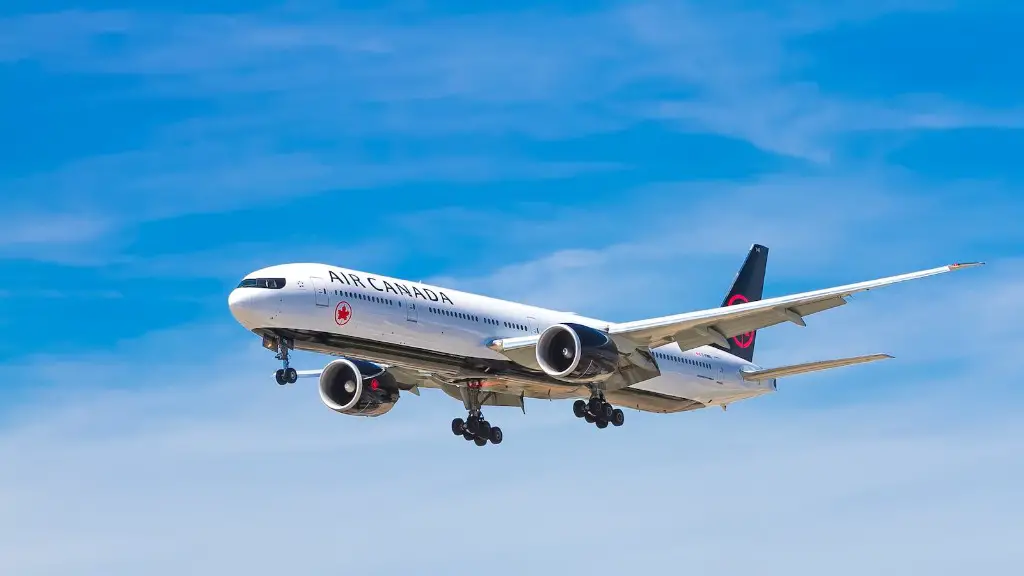Whether or not annual travel insurance is worth it depends on a few factors. The first is how often you travel. If you only take one or two trips per year, it might be cheaper to buy a policy for each trip. The second factor is where you travel. If you only travel to safe destinations, you might not need the extra protection that travel insurance offers. The third factor is what kind of coverage you need. Some policies only cover medical expenses, while others includes things like trip cancellation and lost luggage.
There is no one definitive answer to this question. Depending on your personal travel habits and needs, annual travel insurance may or may not be worth it for you. Some factors to consider include how often you travel, whether you typically travel internationally or within your home country, and whether you have any preexisting medical conditions that could affect your coverage.
How does an annual travel insurance policy work?
An annual travel insurance plan is a great way to make sure you’re covered for all your trips in a year. These plans generally cover all trips taken within the policy period, up to a certain distance from home. They can be a great option if you travel frequently or take longer trips.
The main disadvantages of an annual policy are: You might not end up taking as many holidays as you thought you would – meaning you’ve wasted money on cover you don’t need If you have to cancel a holiday part-way through the year, you might not be able to get your money back
How much does an annual travel insurance plan cost
If you’re planning a trip, it’s a good idea to budget for travel insurance. Policies vary, but the average cost is between 4% to 8% of your total trip expenses. This insurance can protect you from a variety of unexpected events, like lost luggage, medical emergencies, and cancellations.
If you have to cancel your trip for a covered reason, your travel insurance policy can reimburse you for any prepaid, non-refundable deposits. This can include things like airline tickets, hotel rooms, rental cars, tours, and cruises. Check your policy to see what is covered and what the limits are.
When should you buy annual travel insurance?
If you’re planning a holiday, it’s a good idea to buy travel insurance as soon as you’ve booked your trip. This way, you’ll be covered in case of any unexpected events that could force you to cancel or change your plans.
Most travel insurance policies will include cancellation cover, which will reimburse you for some or all of your travel expenses if you have to cancel your trip due to unforeseen circumstances. This can include things like flights, accommodation, excursions and so on. Cancellation cover can give you peace of mind when booking travel, knowing that you will be covered if something goes wrong.
What are two disadvantages travel insurance?
There are a few disadvantages to travel insurance that are worth considering before you purchase a policy. First, travel insurance can be expensive. The cost of the policy can sometimes be almost as much as the cost of the trip itself. Second, travel insurance might not provide coverage for pre-existing diseases. If you have a medical condition that is not covered by your travel insurance policy, you will be responsible for paying all of your medical expenses out of pocket. Finally, travel insurance claims can sometimes be rejected. If the insurance company feels that you did not follow the terms and conditions of your policy, they may refuse to pay your claim.
Venereal disease, AIDS, pregnancy and abortion are all medical conditions that can lead to physical and psychological losses. If you are suffering from any of these conditions, it is important to get professional help and support to cope with the losses.
How much money do you need for 1 year travel
If you’re planning to travel the world on a budget, you can expect to spend an average of $50 per day. This estimation includes the cost of flights and vaccines, as well as other necessary expenses. Of course, your actual costs may vary depending on your destination and activity choices.
There is no one-size-fits-all answer to this question, as everyone’s circumstances are different. However, a good rule of thumb is to set aside 5-10% of your net yearly income for leisure travel. This number can vary greatly depending on the type of vacations you’re planning, but it’s a good starting point. Another option is the 50/30/20 rule, where 50% of your net income is spent on things you need, 30% on things you want, and 20% is saved.
Which insurance is best for travel insurance?
There are many different travel insurance companies, and it can be difficult to decide which one to use. Here is a comparison of some of the best travel insurance companies to help you make a decision.
Travelex is the best overall travel insurance company, with a starting price of just $24 and a coverage limit of $25,000. Allianz is a close second, with a starting price of $138 and coverage starting at $3,000. InsureMyTrip is the best value travel insurance company, with rates starting at just $25 and coverage that varies depending on the policy. World Nomads is the most comprehensive travel insurance company, with rates starting at $100 and coverage up to $10,000.
When buying travel insurance, there are several things you should keep in mind in order to get the most comprehensive coverage possible. First, make sure to get insurance that covers the entire duration of your trip. Second, check to see if all of your destinations are covered under the policy. Third, be aware of what is considered a pre-existing medical condition, as this could exclude coverage for certain medical expenses. Fourth, if there is any element of danger involved in your trip, make sure to purchase additional coverage to protect yourself. Fifth, be sure you can afford the excess in case you need to make a claim. Finally, check to see if all of your belongings are covered in the event of loss or theft.
Do I buy travel insurance before or after booking
This is a good tip to follow when buying travel insurance. You should wait until after you have booked your flight and have your ticket price in hand. This way, you can make sure that your travel insurance policy will cover the full cost of the ticket in the event that you need to file a claim later on.
If you haven’t booked any nonrefundable activities, you may not need travel insurance. However, a comprehensive travel insurance plan can protect your nonrefundable reservations, which can include prepaid excursions in addition to airplane tickets and hotel stays. If something happens and you have to cancel your trip, you’ll be glad you have travel insurance to help reimburse you for your nonrefundable expenses.
Does travel insurance cover 100%?
If you have to cancel your trip due to COVID-19 cases or quarantine recommendations, most travel insurance policies will reimburse you 50% to 75% of your trip costs. This coverage can come in handy if you’re not comfortable traveling due to the pandemic.
A comprehensive travel insurance policy is a must-have for any traveler. It usually covers delays, cancellations due to sickness or death, lost luggage and some emergency medical costs. This policy can give you peace of mind while you travel, knowing that you are covered in case of any unforeseen problems.
Warp Up
There is no definitive answer to this question as it depends on a variety of factors, including your travel habits and needs. However, some people find that annual travel insurance is worth the investment as it can provide peace of mind and protection against unexpected events.
No definitive answer exists as to whether or not annual travel insurance is worth it. This is largely dependent on how often you travel, where you travel, and what types of activities you plan on doing while abroad. Ultimately, it is important to do your research and assess your individual needs in order to make the best decision for you.





